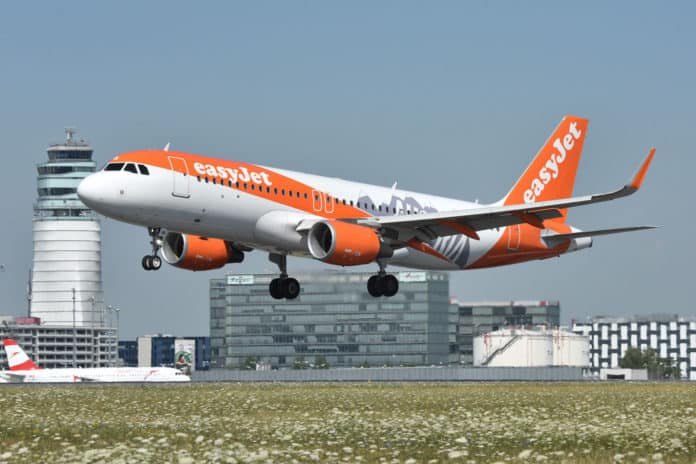easyJet, Europe’s leading airline, is all set to become the world’s first major airline to operate net-zero carbon flights across its whole network. The Arline recently announced that it would offset the carbon emissions from the fuel used for all of its flights. This makes it the first airline company to do something on a large scale about one of the biggest polluters in the environment.
For every tonne of CO2 emitted by the low-cost airline, easyJet commits to funding programs that remove the same amount of carbon dioxide from the atmosphere, either by preventing more CO2 from being released elsewhere or by physically removing it from the air.
Carbon offsetting will go through two accredited programs, Gold Standard and VCS (Verified Carbon Standard). The British airline expects to spend up to £25 million on environmental projects like planting trees.
The compensation will take place through ‘certified projects’ in collaboration with the Amsterdam-based company Climate Focus. The projects include planting new forests and preventing deforestation in South America, also water wells in Africa, and funding for solar energy projects in India and community programs, including Uganda and Eritrea.
And that’s not all. easyJet itself indicates that this is a temporary measure and certainly not the long-term solution, but that they now want to take action. In addition to compensating for their CO2 emissions, the company also works with Airbus to further research and develop electric and hybrid aircraft, hopefully in the future for commercial and passenger flights.
However, the environment cannot wait for this, because according to experts, this will take many years. That is why provisional measures such as those of easyJet are important to limit the impact of emissions.
People like to travel in an environmentally friendly way, but often don’t want to pay a lot of money. easyJet, therefore, gets the costs for compensation from the company and not the passengers, so that the ticket prices will not rise as a result of the initiative.
Whether it’s a perfect solution or not, it’s certainly commendable that one of the world’s biggest ultra-low-cost carriers is now offsetting all of their flights.
easyJet says, since 2000, it has reduced its carbon emissions per passenger kilometer by 33.6%. This is all thanks to the new aircraft technology and the introduction of lightweight carpets, trolleys, and seats, single-engine taxiing, and removing paper manuals from aircraft.
